Management and Organization Behavior: Approaches, Theories, and Role
VerifiedAdded on 2020/03/28
|5
|723
|101
Essay
AI Summary
This essay provides an overview of management and organizational behavior, discussing the fundamental approaches to management, including Taylor's scientific management, Fayol's principles, neoclassical approaches, and Weber's bureaucratic approach. It explores how these theories, encompassing scientific, bureaucratic, and administrative aspects, shape organizational structures and operational strategies. The essay further examines the role of organizational theories in management practice, highlighting how they guide decision-making, employee motivation, and the division of labor within organizations. It emphasizes the importance of these theories in problem-solving, meeting stakeholder expectations, and maximizing efficiency, ultimately forming the backbone of effective management and contributing to the success of different firms. The essay references key sources like Carpenter et al. (2010), Morden (2017), Stevenson and Sum (2015), and Suter et al. (2013) to support its arguments.
1 out of 5
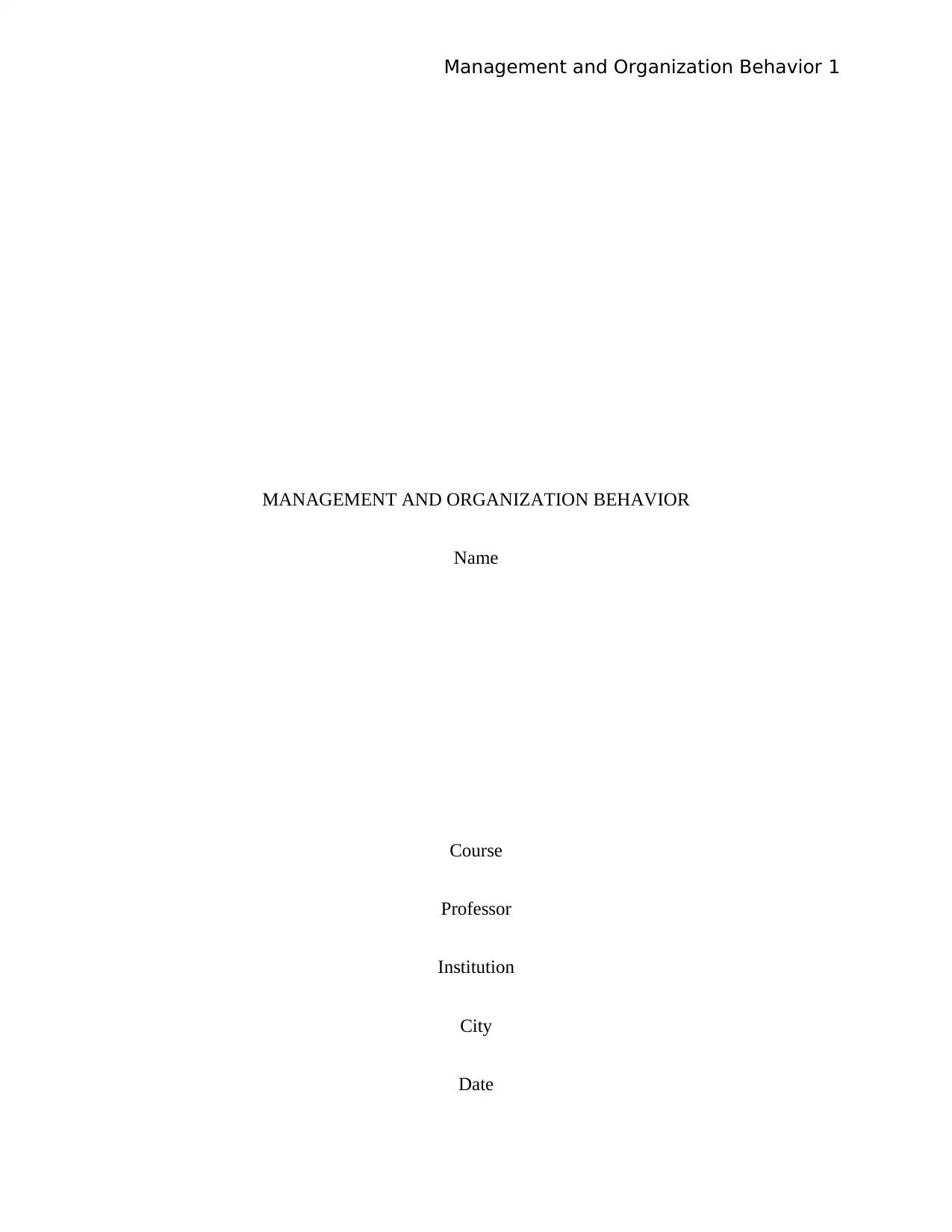
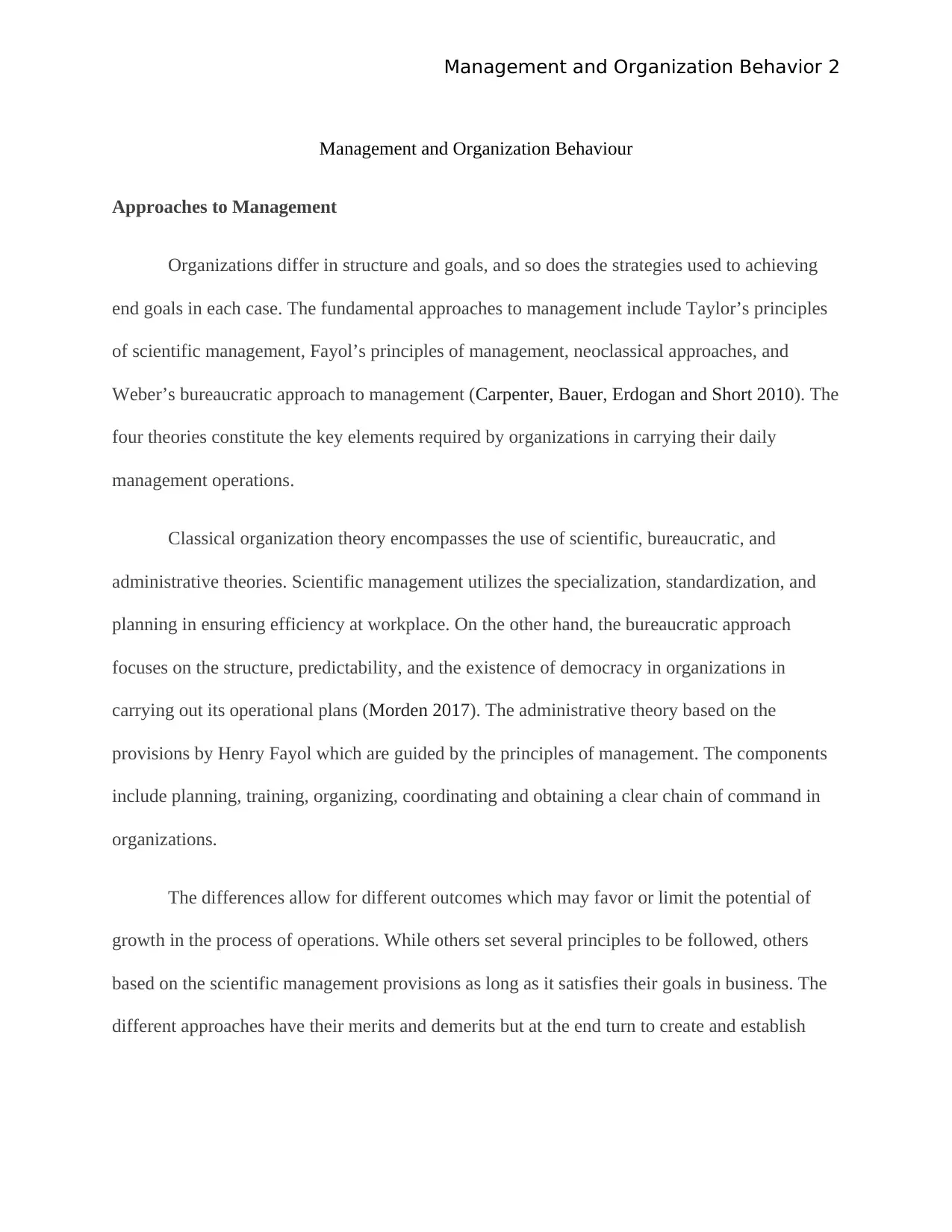
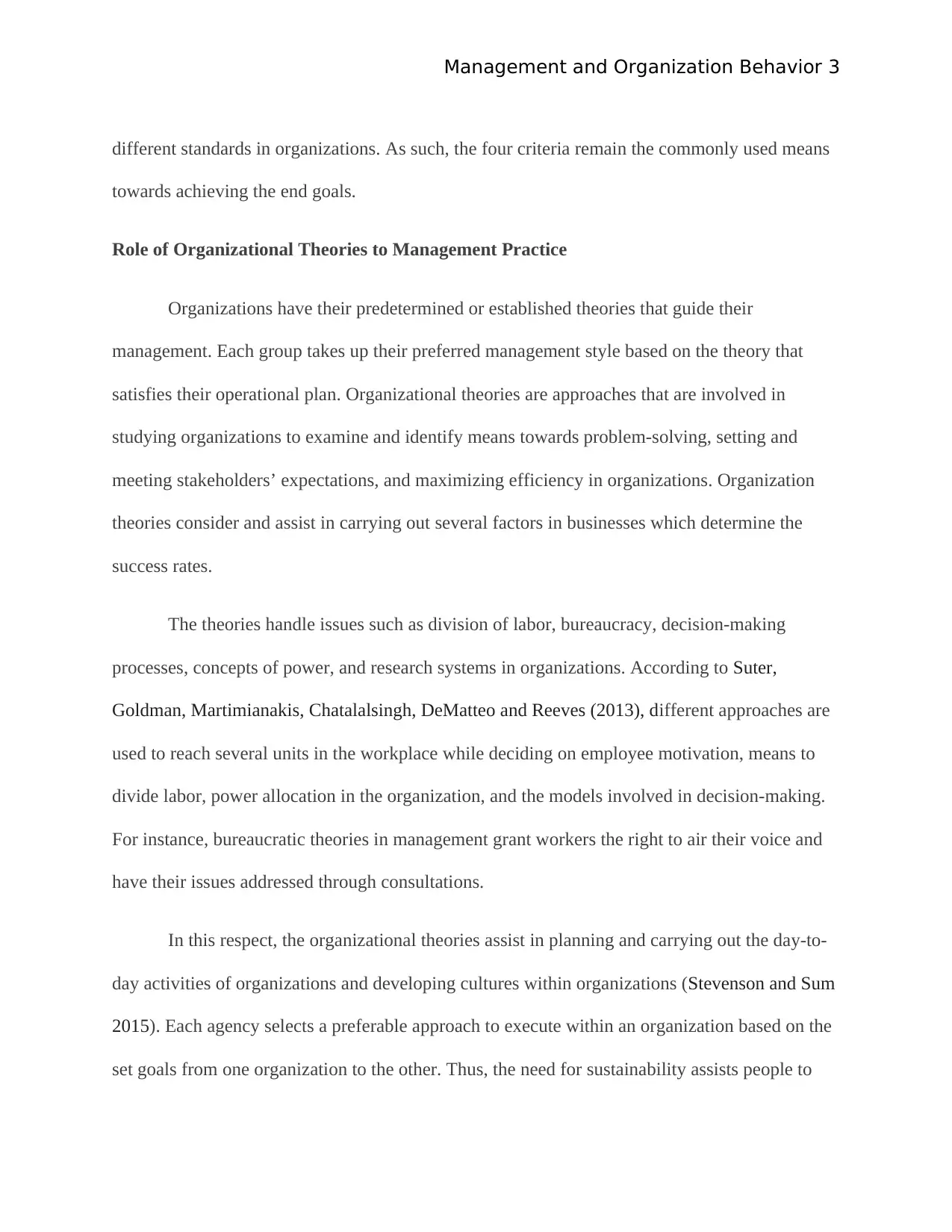

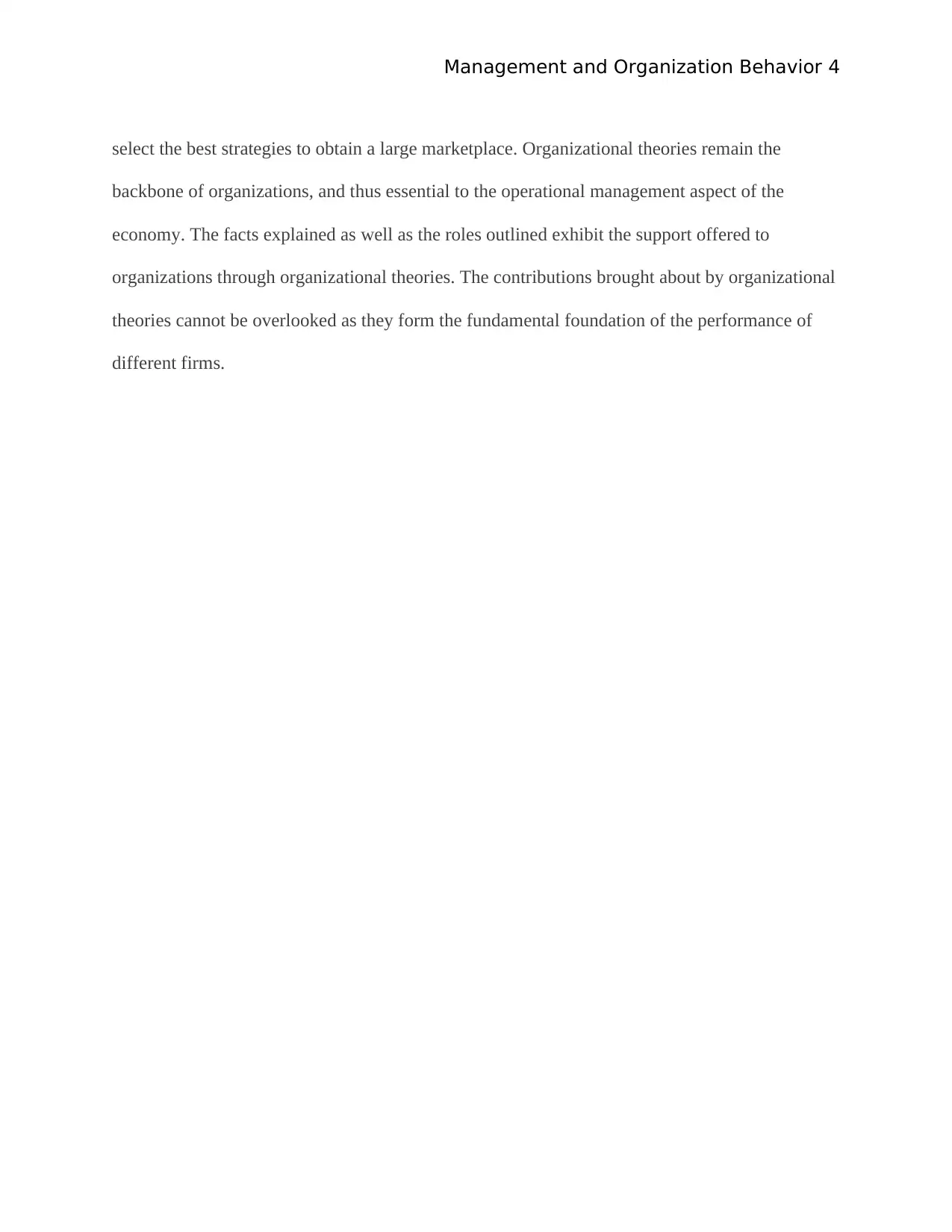
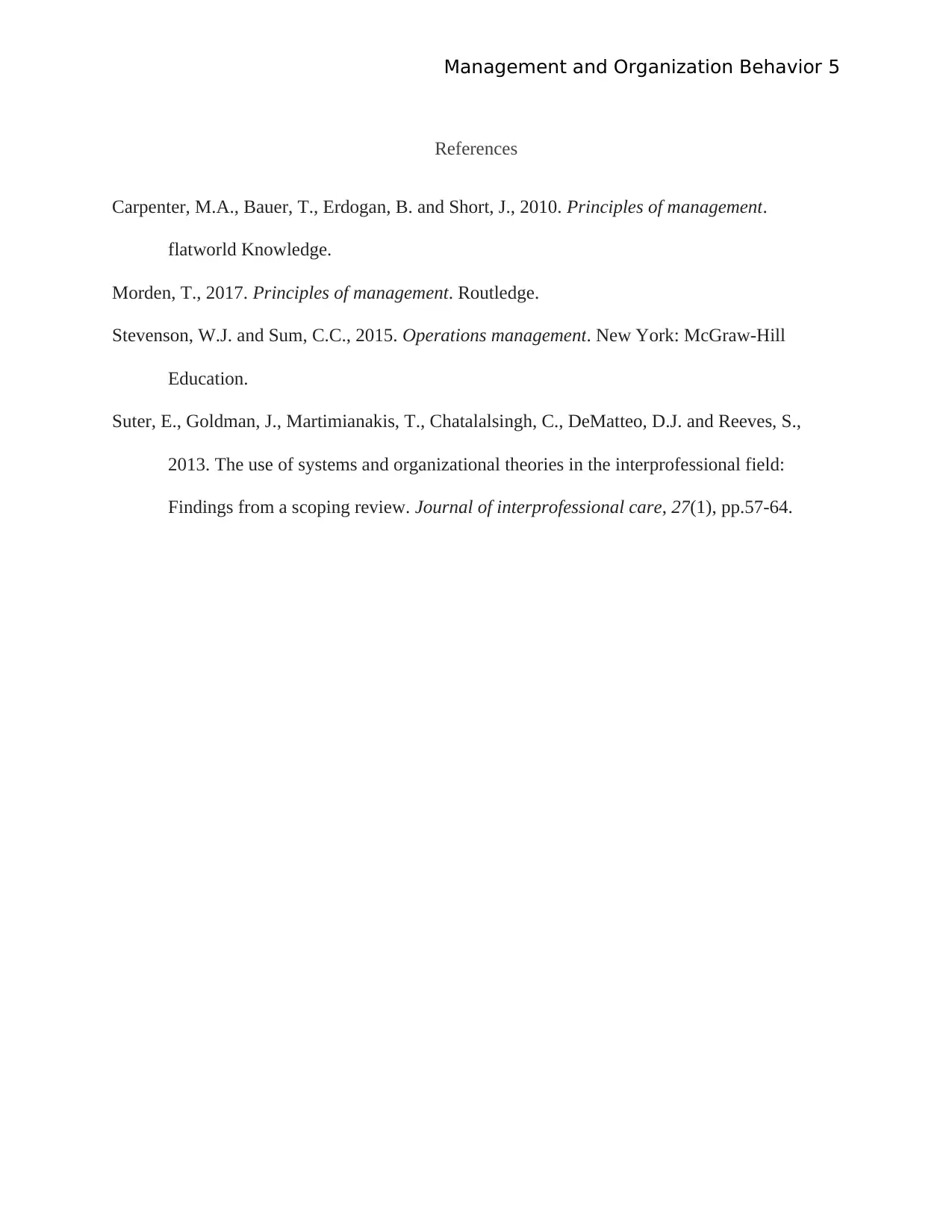






![[object Object]](/_next/static/media/star-bottom.7253800d.svg)